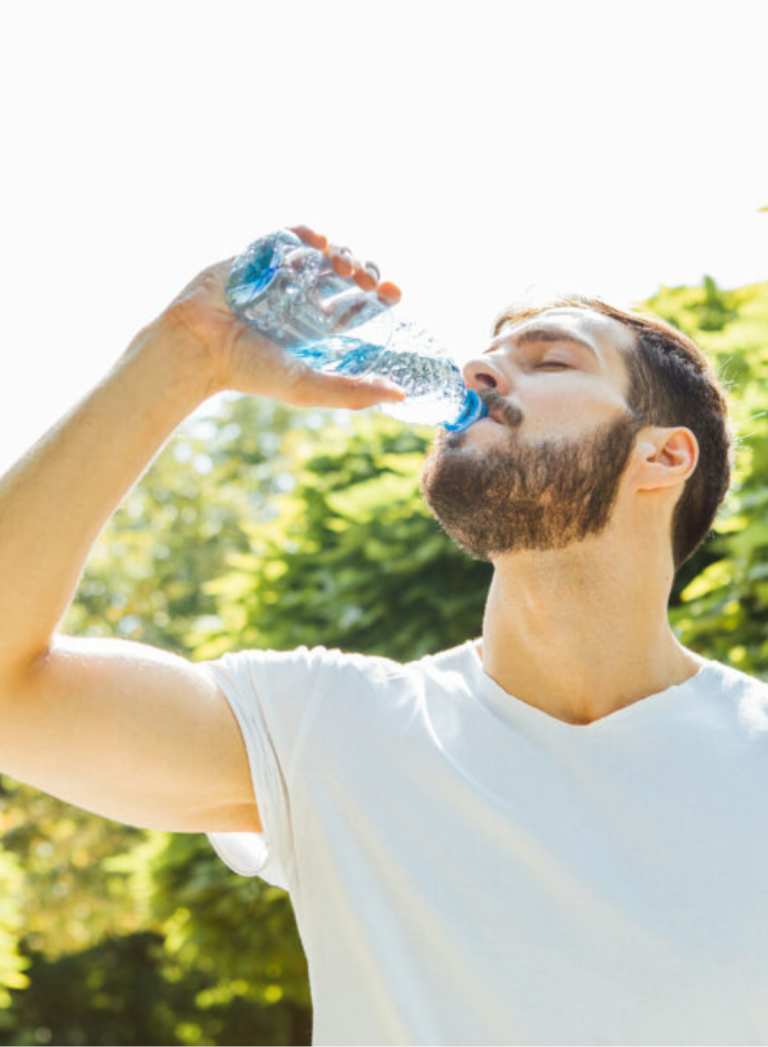Which drinking water is the purest?
Staying well hydrated is essential for survival. One can die after three days without water.However, it’s important to know which water options are better for your health and which ones to avoid among the variety.
Research Findings:
Scientists have conducted studies to determine the healthiest water for consumption.
Their findings suggest that the optimal water choice differs from conventional bottled water.
Factors Considered:
Scientists consider various factors when determining the optimal drinking water, including purity, mineral content, pH level, and potential health benefits.
Purity and Contaminants:
Optimal drinking water is characterized by high purity, free from contaminants such as heavy metals, pesticides, and microbial pathogens.
Bottled water may not always meet these purity standards, as it can be sourced from different natural or municipal water supplies.
Mineral Content:
The mineral composition of water can influence its taste and potential health benefits.
Some types of water, such as mineral water or natural spring water, contain beneficial minerals like calcium, magnesium, and potassium.
Acidity/Alkalinity (pH):
The pH level of water is important for maintaining the body’s acid-base balance.
Optimal drinking water typically has a neutral or slightly alkaline pH, which is considered more beneficial for health compared to acidic water.
Environmental Impact:
Scientists also consider the environmental impact of different water sources and packaging methods.
Bottled water consumption contributes to plastic pollution and carbon emissions from production and transportation.
Alternative Water Sources:
Some alternative water sources, such as filtered tap water or purified water from home filtration systems, may offer comparable or superior quality to bottled water.
These sources often undergo rigorous filtration processes to remove contaminants while retaining essential minerals.
Public Awareness and Education:
Public awareness about the optimal water choices for drinking can empower individuals to make informed decisions about their hydration habits.
Educating consumers about the differences between various types of water and their respective health implications is essential for promoting overall well-being.







